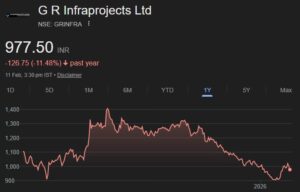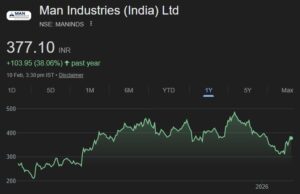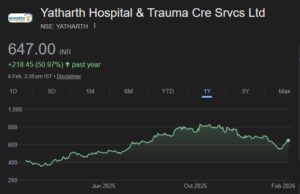

Prashant Jain, CIO of HDFC Mutual Fund is much acclaimed for his stock-picking skills. He is credited with turning HDFC Mutual Fund into the powerhouse that it is today. When he buys a stock, a lot of people take attention because you can be sure that the fundamentals of the stock must be good. However, this time, his contrarian approach has caused people to be perplexed especially because there is nothing about CESC or its promoter Sanjiv Goenka that inspires any confidence.
On Thursday, 25th October 2012, CESC announced that it would pick up 49.5 per cent stake in BPO firm Firstsource for about Rs. 400 crore through its subsidiary Spen Liq.
To enable the acquisition, Firstsource will make a fresh issue of shares to the extent of 34.5% and the balance of 15% will be acquired from existing investors. CESC will have to make a buyback offer to acquire 26% of paid up capital at Rs 12.2 per share. CESC will fund the acquisition through debt of 70% (Rs 280 crore) and 30% equity (Rs 120 crore).
CESC’s move brought immediate condemnation from investors. Motilal Oswal, which had earlier in September 2011, lauded CESC and given it an extravagant target price of Rs. 475, sought to distance itself from its earlier recommendation and slammed CESC’s proposal as an “unrelated diversification” and a “cause of concern“.
The CESC acquisition of Firstsource is beset with many problems:
First, the diversification is totally unrelated to CESC’s existing business of power distribution and retail;
Secondly, CESC has a very poor track record of diversification. The retail diversification has in fact dragged down CESC;
Thirdly, CESC is spending upto 15 per cent of its current market capitalization on the diversification;
Fourthly, CESC will borrow for the BPO business and this will strain the balance sheet;
Fifthly, Firstsource operates with poor/ low margins and the BPO sector is very crowded.
The bottom line is that there is no clarity on any synergies between CESC & Firstsource or of any potential improvement in business fundamentals. This dampens the enthusiasm that was generating around the fact that CESC was doing well in the power business and reducing the losses in the retail business. Instead of splurging funds on an unrelated business in which it has no expertise and which cannot add strategic value, CESC ought to have used the funds for strengthening the existing power and retail business.
Not surprisingly, investors were savage in their decision to get out of CESC. Its share price plummeted 15% as everybody made a beeline for the exit door. Even Firstsource Solutions stock price plunged 13.34 %. Firstsource’s shareholders did not like the fact the offer price announced by CESC was less than the prevailing market price. The discount was said to show the desperate attempt of Firstsource’s management to bring in a strategic investor.
So, the future really does not appear to auger well for CESC. What, then, has appealed to Prashant Jain of HDFC Mutual Fund that he got the HDFC Top 200 Fund to buy 7,00,000 shares of CESC for Rs 20 crore at Rs. 286.24 each? Has he made a terrible mistake or does he know something that the other investors haven’t figured out? Only time will tell. However, in the meanwhile, one can speculate as follows:
(i) Prashant Jain thinks that the market has over-reacted as it is prone to do when it hears news it does not like;
(ii) CESC’s fully integrated business model in the power sector, aggressive capacity expansion and steady cash flow will overcome the supposed problems. If there is timely revision in tariff and improving operational parameters, CESC will do well in the foreseeable future;
(iii) The retail business ought to do well and result in a re-rating thanks to the 51% FDI in retail;
(iv) The market is unduly pessimistic over Firstsource. The acquisition will be EPS-accretive in the long run.






very logical analysis.such short and clear insigths are good to read as they give the gist of any corporate action and its probable (very probable) outcomes.
Thanks,
Pramod.